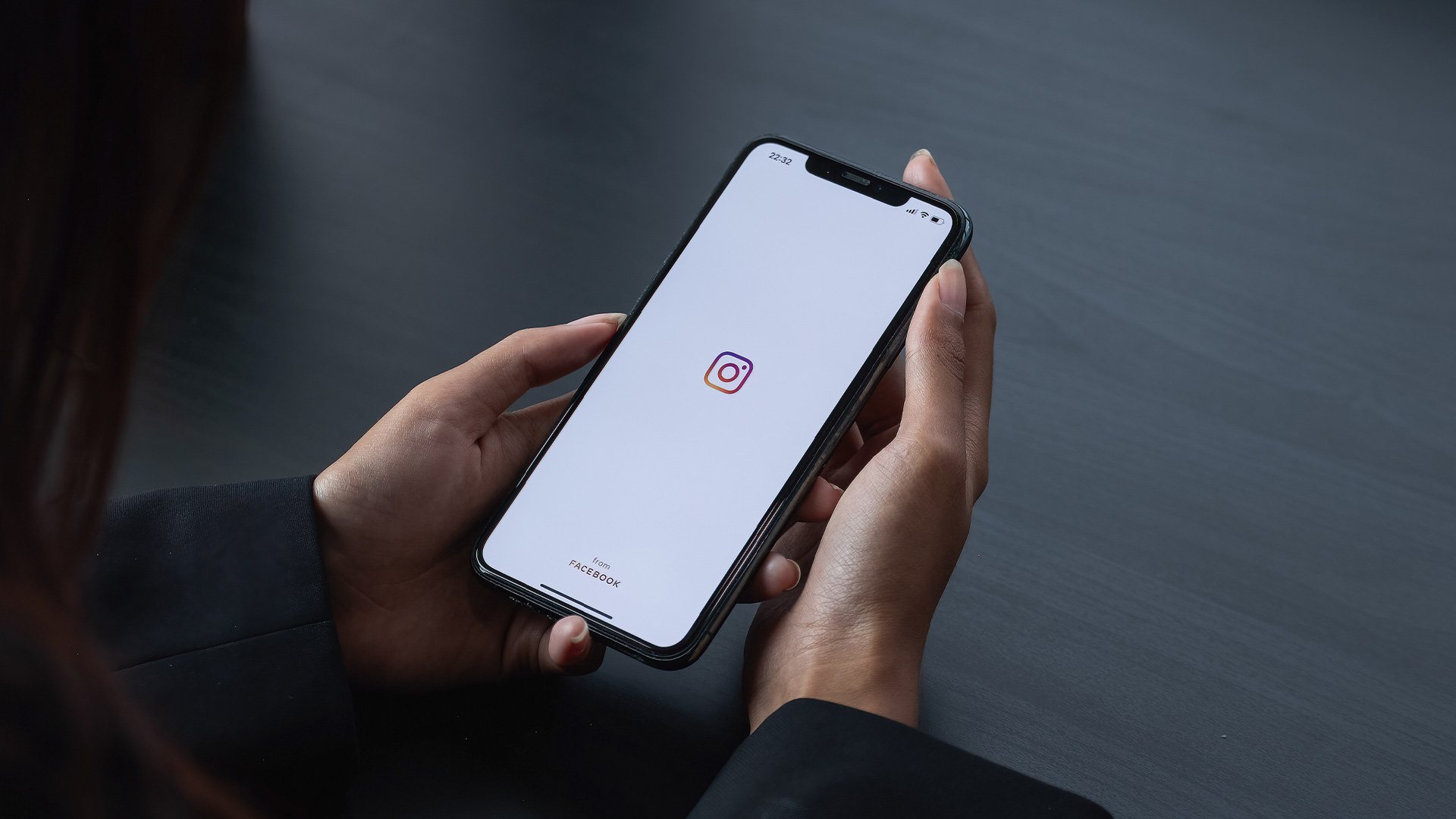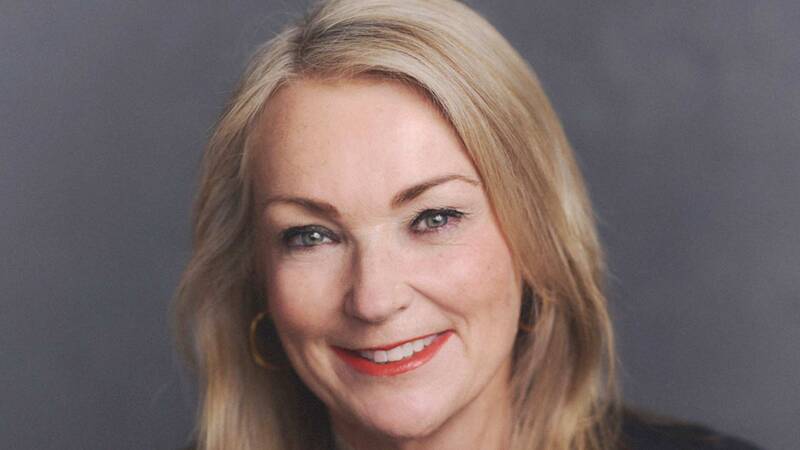You are viewing your 1 free article this month. Login to read more articles.
Is opting out no longer an option?
I’m not on social media – and I feel like it’s blocking my publishing prospects.
I am 24 years old. I graduated from university two years ago with a Master’s degree in the humanities, a love of books, and a head filled with snippets of literary wisdom. "All the world’s a stage"… "Seize the day"… "The pen is mightier than the sword"…
Except that a quick dip into the jungle of jobhunting showed me all this education was woefully out of date. It seems that nowadays, the pen is largely redundant: the keyboard is mightier than the biro and the emoji is king of all. There was a gaping hole in my CV – and its name was Instagram.
Am I a little bit smug about my social media boycott? Of course I am.
Given the choice, I would far rather get on my high horse than get online, far rather nurture an ego than an Instagram account. I’m smug in the same insufferable way that health gurus and gym sharks are smug. Conceited, yes. Delusional, probably. The difference is, I don’t share my smugness with 1,000-plus followers on TikTok.
Unfortunately, self-satisfaction takes you only so far in life. At one point or another, you’re going to need to impress people beyond just yourself and the ghost of Ned Ludd. This fact becomes very apparent when you leave the world of education and start looking for a job. This fact becomes very, very apparent when you leave the world of education and start looking for a job in publishing.
Graduates be warned. A quick scan of entry-level positions will show just how desirable a virtual virtuoso is to today’s recruitment manager. And you can’t blame them. Gone are the idyllic days when the Brontë sisters could hide themselves away in wild and windy moors, sending occasional letters to their publisher and otherwise ignoring the world beyond Yorkshire. More and more books are finding fame on TikTok. More and more books are being penned – excuse me, typed – by social media influencers. Where people used to get reading recommendation from their friends, now they get them from online book clubs and BookTokers. So if you want to publish the next best seller, it goes without saying that you’ll need to understand social media trends.
Of course, anyone can research the ways of BookTokers and Bookstagramers. I can absolutely get my head around this as a requirement of the job – sometimes frustrating but ultimately necessary, like working late nights and weekends. But being versed in social trends isn’t enough, it seems. Over the last two years, I’ve read my fair share of blogs and guides to professional publishing and most of them say the same thing: if you want to get into publishing, get Twitter. Use social media to network with employers. Raise your profile. Connect with influencers. Promote yourself silly.
Publishers don’t just want applicants to use social media. They want them to live, eat, and breathe social media
The problem is that social media is, largely speaking, harmful. I don’t need to get into my personal opinions of why sites like Instagram and TikTok are unhelpful. Everybody will have their own stories, their own reasons for liking, disliking, or angry-emoji-reacting to social media. Loneliness… insecurity… existential crises… not caring what people think… caring too much what people think… not caring what Joe Wicks eats for breakfast… The list goes on.
Back when social media was first developing, in the inconceivably far off past that was the early noughties, this new technology came with an opt-out button. Nobody needed to use Twitter or YouTube any more than they needed to watch Wimbledon or listen to Shakira. Social media was a leisure and – presuming you didn’t live in a totalitarian state – leisure was optional.
But at some point – possibly around the same time they took away the keyboards from our phones – someone stole this opt-out button. Publishers don’t just want applicants to use social media. They want them to live, eat, and breathe social media – more so, it sometimes seems, than they live, eat, and breathe the books themselves. A recent job description for the role of campaigns assistant at a publishing house asked that candidates demonstrate a passion for social media. Not just a knowledge, but a personal passion. Luddites like myself need not apply.
I’m no more likely to get excited about TikTok than I am to fantasise about Excel spreadsheets or wax lyrical over PowerPoint. I’ll happily swot up on literary influencers with the same enthusiasm I’d show for any other professional skill. That’s no problem. The issue comes when publishing houses prioritise applicants with their own social media accounts, or require staff to spend hours of their personal time scrolling through newsfeeds. I find it frustrating that my private life should be polluted by a phenomenon with powerful negative effects.
It’s understandable that employers want their staff on social media. It’s entirely fair. We live in a world where books and the internet have become tightly intertwined, and publishers need employees who can exploit that relationship.
Still, I can’t help feeling that Mark Zuckerberg has personally crushed my career prospects – and that that just isn’t right. I love books. I have all the requisite professional skills for a job in publishing. Shouldn’t that be enough?



















